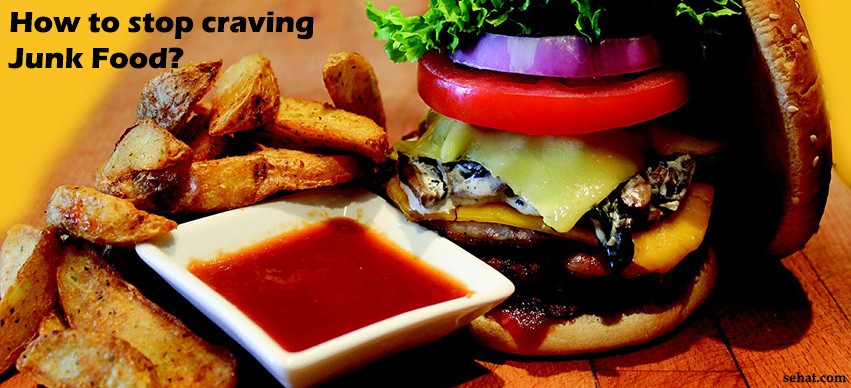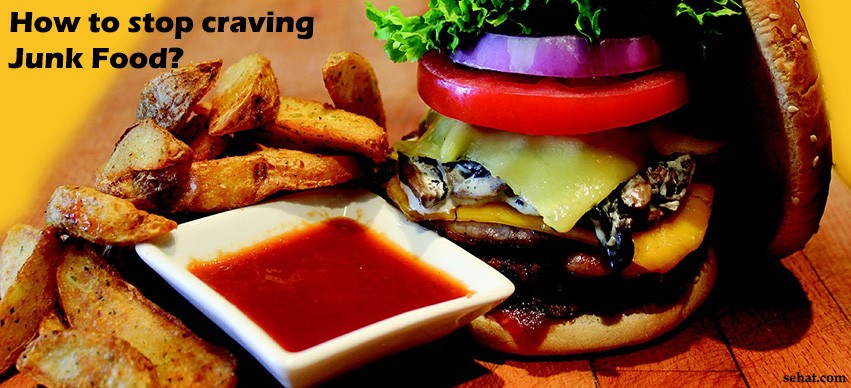
Speed decides the modern day life. We want everything to happen fast in our lives – fast transport, faster communications and fastest way of laying hands on ready to eat food. In our quest to save time and effort on food, we usually end up compromising a lot on quality. This week, our focus is to bring to the table facts and details that you should know about ‘junk food’. We sincerely hope this helps you devise a plan to lead a healthier lifestyle.
Defining Junk Food
Any food that appeals to your tongue and not your belly can be categorized as junk food. Getting into details, the following criteria are universally agreed upon.
- They are high on calories, low on nutritional value and high on palatability (tastes great!)
- They have a low ‘satiation’ value, indicating that we do not feel full when we eat. This leads to over indulgence
- They have high levels of fat, salt or sugar and very low on fiber. In the long run, this takes a heavy toll on health
Despite being termed as junk, these foods pose a threat to health only when replaced with nutritious fresh food and not when taken occasionally.
What’s Wrong With Taking Junk Food?
Regularly savoring junk food comes with a heavy price. Consider the below,
- Your energy levels are affected Junk foods do not supply the body with all the nutrients it requires for a day. This directly reduces your energy levels and makes you feel fatigued throughout the day. The quality of sleep reduces and we tend to have ‘dull days’. Low levels of Fiber in the foods leads to constipation. Doctors call this as the mother of all irregularities.
- Heavy stress on internal organs the high levels of sugar in junk foods puts stress on pancreas to pump more insulin into the blood and maintain optimum sugar levels. Excess sodium and fat content puts the heart at risk as this aids cholesterol. As these foods have a high count on trans-fatty acids, the liver takes a beating due to deposits.
- Strong link between junk food and diabetes also called as the ‘slow killer’, diabetes is the natural outcome of unhealthy foods. Excess carbohydrates and sugar leads to type 2 diabetes. Since there is a deficiency of required proteins to break down food and eliminate waste, the body becomes susceptible to diabetes. This becomes a gateway for other dangerous diseases.
Then Why Do We Eat It?
The answer can surprise and upset you – addiction! Junk foods alter the brain activity similar to the manner other drugs do such as cocaine. There is abundant research done to prove this.
Steven W, who spent 20 years researching on the reasons for our attraction to junk food, brings to light hitherto unknown facts. There are two primary reasons.
- The sensation of eating, the smell, the packaging and the feel of the item on our tongue all contribute to this addiction. ‘Oro-sensation’ or the sensation food creates in our mouth is highly important. Companies shell out millions to scientists who come out with the perfect level of experience of a product that makes the customers want to come back. It can be the exact amount of fix in an aerated drink or the crunch of potato chips
- The combination of various ingredients is the second factor. Scientists struggle and arrive at the perfect mixture of salt, sugar and other ingredients that affect your brain and not what’s required for your body. Hence, we keep coming back to buy but not gain health
What’s The Way Out?
Discipline and tongue control can go a long way in safe guarding the health. Few tips to get you started,
- Replace canned juices with fresh fruits: This is easy and healthy to do. Reduce and gradually do away with buying packed juices as they come with a dose of preservatives. Go for fresh fruits as they have more nutrition
- Reduce the number of times you choose to eat out: instead of eating on the roadside for 4 times, you can try a decent restaurant with large menu once a month
- Prepare homemade snacks: quitting junk food is not same as quitting snacks. Homemade recipes like cookies, salads and other items can be taken without the health risks. Avoid purchasing these from the super market to avoid excess fat, preservatives and stock
In a move that was encouraged by nutritionists, Denmark introduced the first fat-food tax in the world whereby all the foods that contain more than 2.3% saturated fat have to pay a surcharge. What a way to ensure a healthy population!

